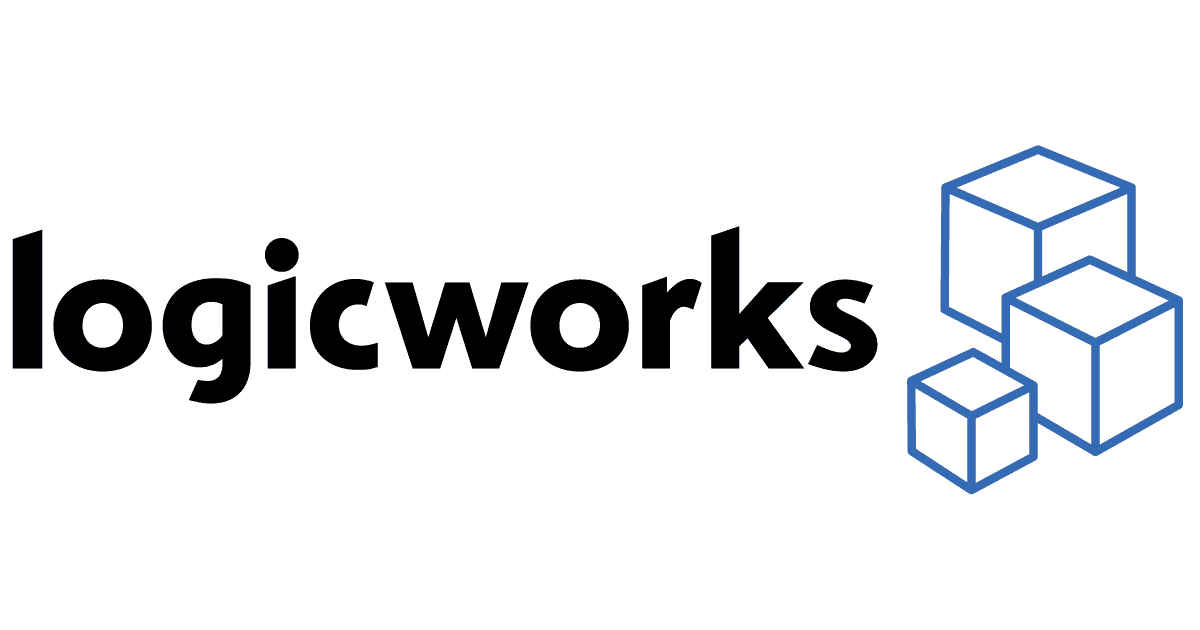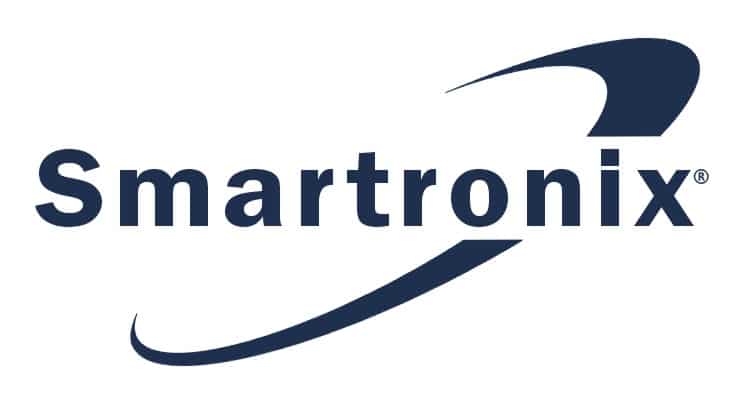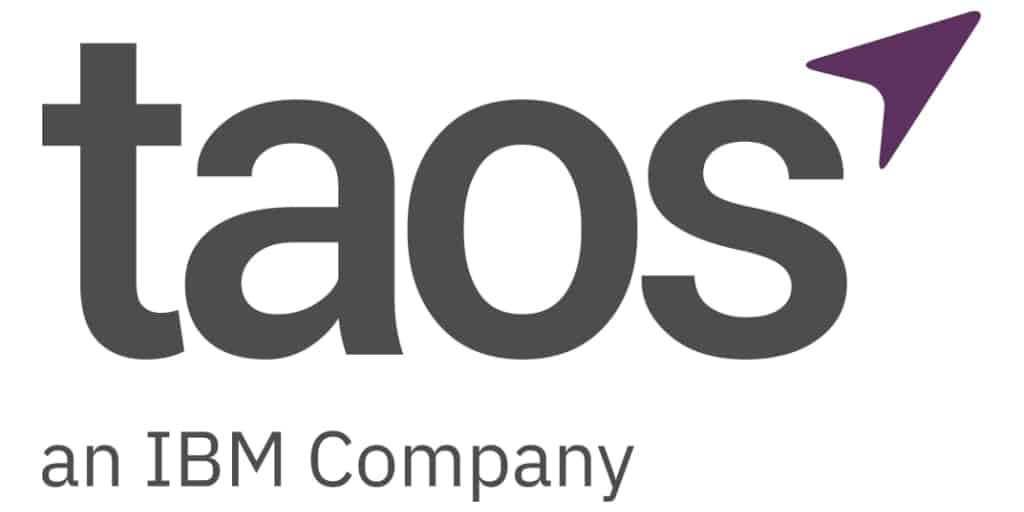
Organizations en masse are adopting cloud infrastructure to compete with the ever-changing digital landscape. In the shift from legacy systems and physical, on-premises hardware, many companies are ill-equipped to make a more profound commitment to cloud workloads or don’t have the internal resources to do so effectively. Like managed services of decades past, big-name consultancies and niche innovators can offer clients the benefits of outsourcing cloud service management.
This article looks at the top cloud managed service providers followed by a breakdown on how to choose a cloud MSP, reasons to outsource, examples of cloud manages services, and industry analysis.
Top Cloud Managed Service Providers

Accenture
Begun as the business and technology consulting division of Arther Anderson, Accenture outlasted its parent and continues to be a top global provider of professional services. Its cloud managed services, Accenture Cloud First, has continually landed at the top of industry rankings. Services the Cloud First team offer include migration, security, engineering, automation, strategy, optimization, and more for cloud infrastructures.
Accenture was a Leader in the Forrester Wave’s Multi-Cloud MSP report in 2020 and has been a Leader for the last four years on the Gartner Magic Quadrant for Public Cloud Infrastructure MSPs. On Gartner Peer Insights, Accenture’s highest reviews and ratings cited effective communication, resource management providing high-quality skills when needed, and planning accuracy.

Bespin Global
One of the youngest entries in the managed services industry is South Korea’s Bespin Global. Bespin launched in 2015 with the sole focus of consulting on, migrating, and managing cloud and hybrid cloud operations. Offered in three service tiers, organizations can choose between Standard, Business, and Enterprise Managed Service, providing deployment and management capabilities. Additional features include identity and access management, architecture redesign, and performance optimization.
On Gartner Peer Insights, Bespin holds an average score of 4.8 / 5 stars with 15 ratings. Bespin’s highest reviews and ratings cited the reliability of SLAs, budget and timelines, contract management, and expected business outcomes. In the Gartner Magic Quadrant for Public Cloud Infrastructure MSPs, Bespin Global has risen to the top of the pack as a Niche Player in 2017 and 2018, Challenger in 2019, and Leader in 2020.
Read more: How to Choose an IT Managed Service Provider

Capgemini
Fifty years after the French IT enterprise management and data processing company started, Capgemini is one of the top multinational IT vendors. For managed services on public cloud platforms, Capgemini supports AWS, Azure, Google, SoftLayer (IBM), and Virtustream. Capgemini’s Public Cloud Managed Services include configuring and deploying cloud applications, Infrastructure as a Service (IaaS) and application services, and self-service brokering and provisioning.
Capgemini was a Leader in the Forrester Wave’s Multi-Cloud MSP report for 2020 and a Leader in the Gartner Magic Quadrant for Public Cloud Infrastructure MSPs. Moving its way up in the Gartner MQ, Capgemini was previously a Niche Player in 2017 and Visionary in 2018 and 2019. Capgemini’s highest reviews and ratings on Gartner Peer Insights cited expected business outcomes, the effective handoff from sales to execution, and flexibility in contract negotiation.
Also read: How to Start a Managed Detection & Response (MDR) Business

Cognizant
Founded in 1994, Cognizant’s growth to top cloud managed service provider started with the rise of cloud computing in the early part of the new millenium. Cognizant offers a suite of Cloud Enablement solutions for migrating to, accelerating, securing, and operating cloud infrastructure for prospective clients. Cognizant can help organizations assess, design, and build enterprise-grade apps like SAP, Oracle, and Adobe, or provision, monitor, and manage cloud workloads with Cloud360 Integrated Cloud Management Platform (ICMP).
On Gartner Peer Insights, Cognizant holds an average score of 4.8 / 5 stars with 17 ratings. Cognizant’s highest reviews and ratings cited adaptability in contracting, easy integration and deployment, and the use of best practices, processes, tools, and solutions. Cognizant was a Strong Performer in the Forrester Wave’s Multi-Cloud MSP report and a Leader in the Gartner Magic Quadrant for Public Cloud Infrastructure MSPs in 2020. Prior, Cognizant was a Niche Player in 2017, Visionary in 2018, and Challenger in 2019.
More: Watch what Paul Roehrig, Cognizant Head of Strategy, thinks about digital transformation trends in eWeek‘s recent interview.

Deloitte
Another consultancy with a long history, Deloitte, is preparing for the next generation of organizational needs with Deloitte Cloud Managed Services. Deloitte’s services come in seven solution categories, including management for infrastructure, service, and applications, automation and DevOps, cybersecurity, risk and compliance, and optimization and transparency. With the Deloitte OpenCloud platform (DCP), organizations get turnkey services to accelerate digital operations effectively.
On Gartner Peer Insights, Deloitte holds an average score of 4.5 / 5 stars with 25 ratings. Deloitte’s highest reviews and ratings cited reliability of deliverables and effective communication during planning and transition. Deloitte was a Leader in the Forrester Wave’s Multi-Cloud MSP report in 2020 and a Leader in the Gartner Magic Quadrant for Public Cloud Infrastructure MSPs for the last two years. Prior, Deloitte was named a Visionary in 2017 and 2018.

Logicworks
Evolving with the times, NYC-based Logicworks went from a web hosting provider in the 1990s to a top managed service provider for cloud infrastructures. Logicworks specializes in migrating and operating mission-critical workloads on AWS and Azure with its Managed Cloud solutions. Offerings include Cloud Operations Support (cloud SOC), Cloud Reliability Platform (automation, telemetry, and transparency), Cloud Management Takeover, and Cloud Assessment and Optimization.
On Gartner Peer Insights, Logicworks holds an average score of 4.9 / 5 stars with eight ratings. Logicworks’s highest reviews and ratings cited contract evaluation, responsiveness to changes while building a proposal, and effective handoff to internal teams. Logicworks was a Leader in the Gartner Magic Quadrant for Public Cloud Infrastructure MSPs in 2017 and returned to Leader status in 2020 after two years in the Challenger segment.

Rackspace
Since the turn of the century, Rackspace Technology has been a feature of the managed services industry with solutions for data, applications, security, and the cloud. Its cloud managed services division offers optimization, multi-cloud management, and migration for public and private clouds. With Elastic Engineering, organizations can also collaborate with Rackspace cloud experts to build a cloud-native infrastructure.
Rackspace was a Leader in the Forrester Wave’s Multi-Cloud MSP report and has been a Leader in the Gartner Magic Quadrant for Public Cloud Infrastructure MSPs since 2017. Rackspace’s highest reviews and ratings on Gartner Peer Insights cited continuous improvement and efficiency and the use of newer technologies.

Smartronix
Founded in 1995, Maryland-based Smartronix is a leading provider of next-generation IT and cloud solutions. With Smartronix Cloud Assured Managed Services (CAMs), clients have options for Core, Premium, and Security services to meet a range of organization needs. Core services include staples like monitoring, backups, and antivirus management, while Premium goes further with management services for databases, applications, containers, and serverless operations.
On Gartner Peer Insights, Smartronix holds an average score of 5 / 5 stars with 13 ratings. Smartronix’s highest reviews and ratings cited timely transitions and timelines and the reliability of deliverables and business outcomes. Smartonix has been a Leader in the Gartner Magic Quadrant for Public Cloud Infrastructure MSPs in three of the last four years, including 2020.

Tata Consultancy Services
Another example of an MSP with five decades-plus under its belt, Tata Consultancy Services offers enterprise solutions like business intelligence, engineering, and infrastructure services through its global delivery model. TCS believes cloud adoption is the unifying digital fabric to upend traditional enterprise resource planning (ERP). TCS offers cloud managed services for migration, operations, strategy, modernization, business solutions, and more to accomplish that goal.
On Gartner Peer Insights, TCS holds an average score of 4.5 / 5 stars with 12 ratings. TCS’s highest reviews and ratings cited flexibility, planning communications, and quality management of the contract. TCS was a Strong Performer in the Forrester Wave’s Multi-Cloud MSP report and a Leader in the Gartner Magic Quadrant for Public Cloud Infrastructure MSPs in 2020. The prior two years, TCS was in the Visionary segment.
Also read: Tata: Channel Partner Profile & Services

Taos
Launched in 1989, Taos Mountain released its first managed services in 2008, and in February 2021, global conglomerate IBM acquired the hybrid cloud consulting services company. Over thirty years later and the vendor’s solutions evolved with the times. For Taos Managed Service offerings, the vendor offers 24×7 cloud operations, DevOps, end-user services, and design and resolution engineering.
On Gartner Peer Insights, Taos holds an average score of 4.8 / 5 stars with 25 ratings. Taos’s highest reviews and ratings cited capabilities meeting organization needs, responsiveness, and reliability of deliverables. Taos was a Niche Player in its first appearance on the Gartner Magic Quadrant for Public Cloud Infrastructure MSPs in 2020.

Wipro
Wipro Technologies is a global IT, consulting, and business process vendor with services for infrastructure, digital operations, applications, data, analytics, and artificial intelligence. Wipro’s cloud managed services include Cloud Studio (migration), Wipro-Dell EMC Intelligent Edge (powered by the Azure stack), and Enterprise Digital Operations Center. All of Wipro’s Cloud Managed Services offer 24×7 ongoing management, cost tracking, optimization recommendations, and automated processes and workflows.
On Gartner Peer Insights, Wipro holds an average score of 4.7 / 5 stars with 25 ratings. Wipro’s highest reviews and ratings cited effective resource management, access to expertise, and contract adaptability. Wipro was a Strong Performer in the Forrester Wave’s Multi-Cloud MSP report and has been a Leader in the Gartner Magic Quadrant for Public Cloud Infrastructure MSPs the last two years. Wipro was previously a Niche Player in 2017 and a Visionary in 2018.
Read more: Wipro: Channel Partner Profile & Services
How to Choose a Cloud Managed Service Provider
Here’s what to consider when evaluating cloud managed service provider solutions:
- Does the vendor have experience in the client-pertinent public clouds?
- How will the solution improve your IT infrastructure and cloud capabilities?
- What software agents on devices or appliances are required?
- Does the vendor have a strong reputation, with case studies and references?
- How does the vendor ensure effective communication with clients?
- Can the vendor migrate, monitor, and operate cloud services?
- How does the vendor prioritize security, redundancy, and disaster recovery?
- What role and involvement do these services require of your staff?
- Does the cost fit your budget and are you getting what you need?
- How hard is it to break or alter the contract while active?
The following sections detail the benefits of choosing a cloud MSP, what managed cloud services are, and a look at the cloud segment of the managed services industry.
Reasons to Outsource Cloud Management
With varying organization needs, outsourcing is a viable alternative for plenty of small businesses up to enterprises. Worthy reasons to outsource cloud services include adopting a hybrid infrastructure, prioritizing other initiatives, enabling staff flexibility, and providing continuity and risk management while developing staff.
Whether filling an internal IT expertise gap or a strategic decision aligned with business goals, cloud MSPs can help organizations develop a more robust hybrid architecture. Among the multitude of benefits, choosing a managed cloud service provider gives IT staff and C-suite officers peace of mind through the often complex migration process.
With a list of cloud service providers offering a range of solutions, organizations are free to diversify solutions based on their needs. As multi-cloud IT environments become more routine, the challenge of managing segments across multiple infrastructures is a challenge. Organizations have outside analysts, consultants, and administrators available to ease the process to address multi-cloud management complexities.
Read more: Data Protection Business Model Requires Nuanced Approach for MSPs
What are Cloud Managed Services?
By now, everyone and their parents know the allure of cloud systems and how they can help cut costs and consolidate and scale operations. Cloud service providers like AWS, Azure, and Google Cloud Platform offer web-based software infrastructure to store, operate, and manage applications and data on the internet. Organizations can migrate and develop cloud segments in-house, but this presents a potentially exhaustive process depending on the network complexity.
Cloud managed services are the professional management of a client’s cloud systems, resources, or infrastructure. Vendors and clients agree to service-level agreements (SLA) wherein the vendor manages part of a client’s cloud infrastructure for a contracted amount of time and expected level of service.
Examples of Cloud Managed Services
- Migration from legacy systems to cloud systems
- End-User services for public-facing cloud applications
- DevOps to accelerate the cloud-based development and deployment process
- Monitoring and log aggregation of cloud traffic and network health
- Architectural design and engineering for optimizing IT operations
- Cloud-specific services for select public clouds
- Security management of cloud network segments
Also read: Kaseya Breach Shakes Faith in ITSM Platforms
Industry Analysis: Cloud Managed Services
Growing Market
Considering the rise of cloud computing in the last decade, it should be no surprise that cloud managed services are also seeing dramatic growth. Based on estimates from industry valuation analysts (Grand View Research, Mordor Intelligence Fortune Business Insights, Markets and Markets), the cloud managed services market reached almost $40 billion in 2020. With a CAGR of over 14%, the market could hit the $100 billion mark by 2025.
Read more: MSP Survey Reveals Competitive Challenges in Cloud Era
Gartner Magic Quadrant
In the Magic Quadrant for Public Cloud Professional and Managed Services, Gartner includes nearly twenty top vendors. In 2020, the Leaders category included Deloitte, Wipro, Accenture, Rackspace, and Smartronix. Relative to 2019, Infosys was the lone vendor to drop from the Leaders circle while a handful of new leaders emerged, including Capegemini, Cognizant, Tata Consultancy Services, Logicworks, and Bespin Global.
Forrester Wave
In the last Forrester Wave for Multi-Cloud Managed Service Providers in 2020, eleven vendors made a list. At the top of the industry stands Accenture, Deloitte, and Infosys as Leaders, while Capgemini and HCL Technologies aren’t far behind. Strong Performers include Cognizant, IBM, Tata Consultancy Services, and Wipro, and the lone Contender was NTT Data.
Also read: Top Remote Desktop Software Vendors
Channel Insider’s Top Products and Services Methodology
Our top products methodology is based on independent tests, user reviews, pricing data, vendor information, analyst reports, use cases, and market trends.

